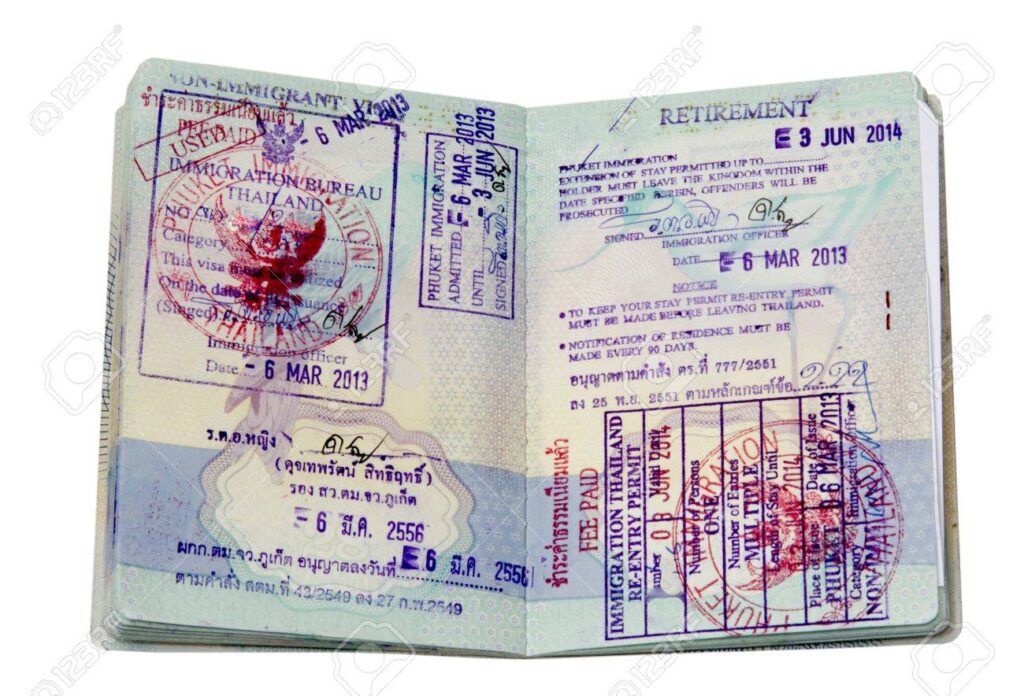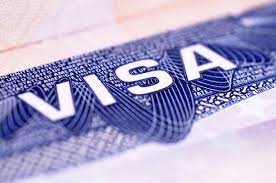Market Forces Or Regulation: Social And Economic Choices For Cannabis Reform In Thailand

The cannabis industry in Thailand has maintained momentum following the previous administration’s decision to remove the plant from the country’s narcotic list in June, 2022. But that isn’t to say that everyone is happy about it. Political posturing leading up to and following the installation of the new government in August suggests that policy changes […]
Words That Hurt

You might have been told when you were growing up that “sticks and stones can break my bones, but words can never hurt me.” Some of you went on to learn the hard way, though, that the wrong words at the wrong time or place could earn you a slap across your cheek, or a […]
Retirement Visas For Foreigners In Thailand

Foreigners and overseas investors contemplating doing business in Thailand must contend not only with the machinations for the legal structuring and formation of their business, but also with the requirements and formalities concerning their personal, physical presence in Thailand as well. Whereas the former issues are overseen by the Ministry of Commerce, the latter fall within the purview of the Department of Immigration. Although in most instances foreign investors running a business in the kingdom will invariably need both a non-immigrant visa as well as a work permit, certain others may benefit from a so-called “retirement” visa discussed below.
IPR Enforcement In Thailand’s CIPITC

Many intellectual property rights holders and practitioners outside of (or even inside of) Thailand with whom I speak are surprised to learn there’s a specialized court system here that focuses specifically on IPR enforcement by adjudicating disputes, including infringement and invalidity issues. Launched in 1997 in an effort to attract foreign trade and investment by ensuring “convenience, expediency and fairness of proceedings”, the Central Intellectual Property and International Trade Court (CIPITC) presently has national jurisdiction over civil and criminal cases involving patent, trademark, or copyright offenses and infringements.
Thai Corporate Structures For Overseas Investors

Thailand’s decision to de-criminalize cannabis in June 2022 prompted a new wave of foreign investment into the kingdom, as entrepreneurs from around the world sought to get in on the action while the getting was good. The past year or so has seen a free-for-all of market activity, resulting in thousands of new business formations for cannabis dispensaries alone. Though heavily politicized heavily during the recent national elections, doors into the market remain open (at least for the time being) for speculators interested in growing, processing, or distributing cannabis on a commercial basis in Thailand. Various types of business structures are available to foreign investors for such purposes.
The value of an MOU

Business negotiations in Asia, particularly those involving parties of different nationalities, usually involves several meetings over an extended period of months, as well as an ongoing exchange of communications in between. The process will usually take longer and may seem more drawn out than would be the case if, for example, both parties spoke the same native language and lived in the same city. The more people that are involved in such negotiations, the greater the likelihood of some misunderstanding by someone about what has been discussed or agreed. A helpful tool to ensure that discussions stay focused and moving forward is the Memorandum of Understanding (MOU).
U.S. Visa Requirements For Foreign Music Artists

Recently, a band I know from of in Taiwan was excited to receive an invitation from an event organizer to join the line-up of a big 3-day music festival in the United States. Like many Asian musicians, these guys are keen to tap into the U.S. market and they hoped they could also build in some other gigs before and after the festival in order to maximize their exposure on the ground there. Unfortunately, a misunderstanding between the parties concerning U.S. immigration requirements and procedures caused the band’s management to decline the invitation.
Home Taxation For Foreign Expatriates

Expatriates doing business in Asia have to contend with local financial reporting requirements in their foreign countries of residence including personal income tax reporting and, where applicable, business income resulting from their operation of a foreign-registered company. Depending on the jurisdiction, these requirements may either be straightforward and uncomplicated, or cumbersome and convoluted; it can sometimes be a lot to deal with. But it’s important that while doing so, expatriates not overlook any attendant reporting requirements back in their home countries. Although most countries around the world exclude foreign-sourced income from their citizens’ reporting requirements, certain others (most notably the United States) have altogether different requirements that must not be overlooked.
Business Presentations In Asia: Tips For Effective Communications

So, imagine you’re scheduled to give a presentation somewhere in Asia that you’ve never been before. In fact, it’s the first time you’ve ever been anywhere in Asia at all. Anyway, further imagine it’s an international business conference and you’re scheduled to give a 15-minute presentation on a stage in front of a large multi-lingual audience. Imagine it’s also your first time attending this particular event and that you’re not familiar with either the composition of the attendees or the flow of presentation, but that you want to make a good impression. Here are some simple guidelines for making more effective business presentations that too many people often overlook.
Do Intellectual Property Rights Last Forever?

Intellectual Property Rights (IPR) refer to the body of legal protections available to authors and creators for their inventions and works – most notably patents, trademarks, and copyrights – which extend exclusive rights in their favor for limited periods of time as a form of limited monopoly incentive to continue developing and sharing their output with the rest of us. A question I’m often asked by creators is how long, exactly, those various terms of protection last, and whether their heirs can benefit from them. “It depends” I tell them. “And yes, of course!”

